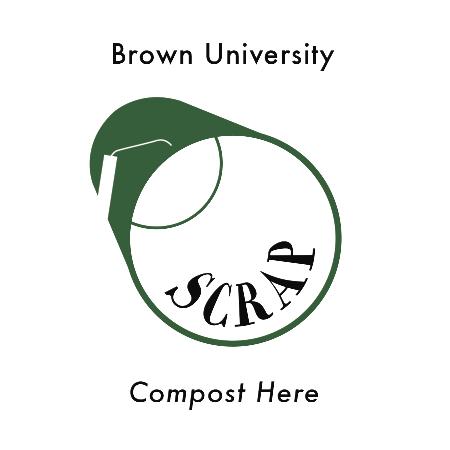
Composting is the process of transforming organic materials such as food waste into a nutrient-rich, natural fertilizer. Composting has many benefits, including enriched soils, reduced contributions to landfills, and decreased release of greenhouse gases into the atmosphere.
Brown is a leader among Rhode Island institutions in its commitment to comply with the state’s 2014 Compost Law. Ideally, the Compost Law will eventually make composting less expensive and more convenient for Brown. The university began its campus-wide composting program in July 2016. The environmental impact of a campus-wide composting program is projected to be highly significant. Through composting, Brown could divert 87%, or 460 tons, of its organic waste from the landfill each year